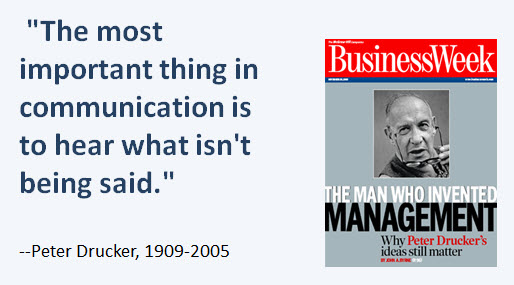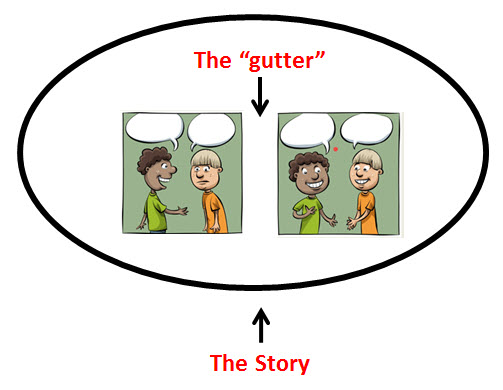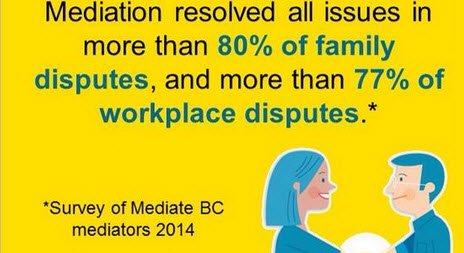It’s Conflict Resolution Week, here in BC. The theme is #LetsTalkItOut. Before we talk, though, better to listen. Right? And with being a really good listener, one understands the others’ story. We become a storyteller, too.
Why listen?
A large chunk of what we communicate between us is unsaid. This fact tends to get magnified in virtual settings, largely a low-context medium. There, even more so, we have to intentionally apply ourselves, as a listener.
We want to listen for their story. Your and my worlds intersect. Between us there is some common ground. Yet, there’s more… We each have other worlds we do, other worlds we inhabit, and which we don’t, at least by default, share with each other. We want to know about each other’s worlds.
The more we know about each other, the more opportunities we have to connect, touch points to communicate around, and ways to find common ground, build a healthy relationship, collaboration, etc.
How to listen?
Here’s another way to think of your role, as listener. Scott McCloud is a comic artist, and he wrote a great book explaining why and how comics work, called Understanding Comics. (I’ve waxed on McCloud’s work, before). In it, he talks about the gutter, the space between the panels, where you, the reader, are invited to participate, imagine something, and create a story.
This applies to virtual contexts, too. If I think of each of our virtual interactions as a panel, and if I’m aware of and understand your panels, including your other worlds, i.e., listened well, odds are I’ll be able to fill in the blanks, and get a reasonable handle on your story. And we’ll communicate better as a result.
You probably have an array of passive and active listening skills. You can both listen without reacting (passive), and demonstrate that you heard and understood (active).
Use both passive and active virtual listening, and get to know their stories. Whatever the context, your time together will likely be more vital, as a result.
The Flip Side
Listen for your story, too. Frame your story or someone else will. Good or bad.
Creating space for listeners and storytellers
As mediator, I help others listen, and tell their story. Sometimes, the story changes, as we listen more. Conflict Resolution Week advocates for appropriate resolutions to conflict. Mediation can provide a space for people in conflict to listen, tell stories, and find common ground.
The statistics bear it out. Creating safe spaces, and helping people become listeners and storytellers… The power of a neutral 3rd party.
Reader: How do you think of the relationship between listener and storyteller?




I think this is very well stated. I like the elaboration of creating the space that helps allow for deeper listening and better storytelling. The image of the space in which to be heard and to state one’s story in freedom, along with finding more common ground calm is very powerful. And there is so much richness in listening for the unstated! Excellent post.
Thanks Stuart. I like your phrase, “richness is listening for the unstated”; the kernel of a formula? 🙂